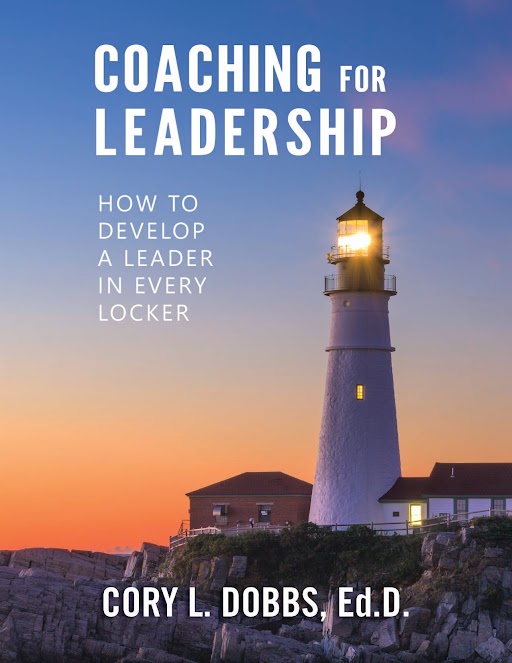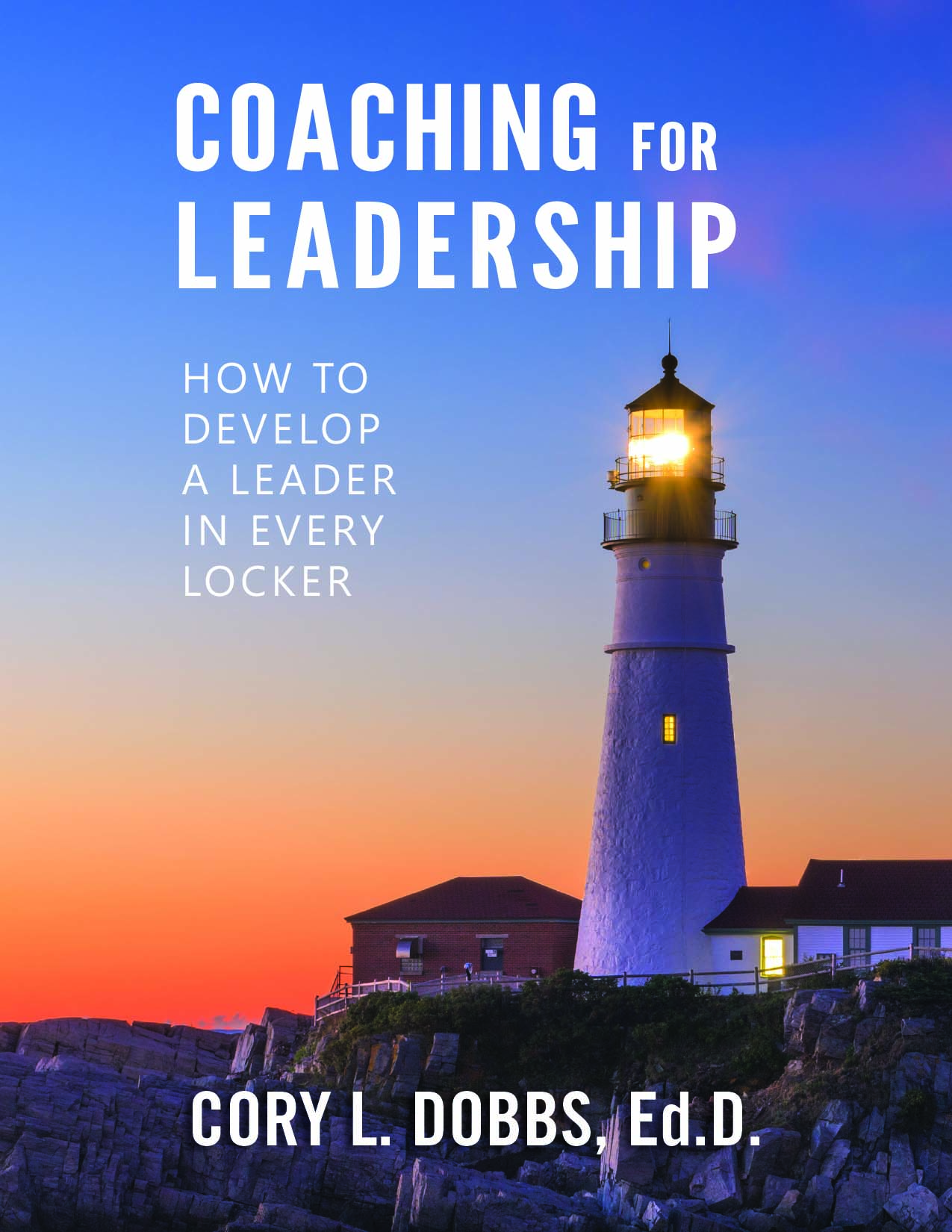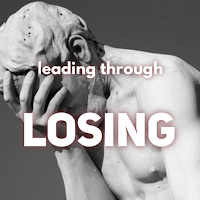As a leadership educator your main task is to create a psychologically safe environment in which your players want to learn how to become team leaders. This is not a trivial distinction. A learning climate characterized by trust and openness is critical to encourage young people to respect and appreciate their teammates, coaches and the learning process.
Strategies for transformative learning should be purposeful, planned, and productive. When we say put the person before the player we imply that the process of navigating life’s challenges should be the over-arching goal of learning to lead.
The following seven conditions are helpful in creating a psychologically safe learning environment favorable to promoting a transformational experiential approach to leadership development.
- Student-athletes need to feel comfortable with the concepts of leadership.
- Student-athletes need to know about the practice and the processes of leadership.
- Student-athletes need permission to make mistakes. Healthy relationships transform conflict into cooperation.
- Student-athletes should have a sense of purpose as it relates to leadership. They need to have an answer to the question “Why lead?”
- Student-athletes should begin to develop an awareness of their individual strengths and weaknesses as leaders. They need feedback.
- Student-athletes need to monitor and adjust behaviors intended to influence others. They need to take the appropriate action suggested by feedback.
- Student-athletes should begin to learn the complex practices of self-reflection, self-acceptance, and self-compassion.
| For the past 20 years, I’ve been working with coaches and athletes in the areas of leadership and team building. During this time I’ve noticed a deficit in time, effort, and energy when it came to identifying and developing high potential coaches. It seems as if excellence in leadership is a given. But it’s not! You don’t become a high–potential coach by merely “putting in the time.” Just working hard isn’t the x-factor. Neither is high potential a natural gift.
I’m helping high achievers and high potentials become self-aware and increase their personal effectiveness. If you’ve got a deep commitment to excellence, building right relationships, guiding with influence and accelerating change, let’s talk. I’m looking for high-potential coaches with a desire to be mentored one-to-one by me. My coaching program is for those coaches willing to pay the price, ready to invest in developing their career for the long-term. If you are interested in talking about how you can go from high potential to high achievement—let’s talk. [Cory 623.330.3831] Sample of What You Will Learn Kind regards, |
New to the Second Edition of Coaching for Leadership!
 We are pleased to announce a new chapter to the second edition of the best-selling Coaching for Leadership. The chapter, The Big Shift: Unlock Your Team’s Potential by Creating Player-Led Teambuilding, connects the previous edition of this book to its origin, as well as to the future of team sports.
We are pleased to announce a new chapter to the second edition of the best-selling Coaching for Leadership. The chapter, The Big Shift: Unlock Your Team’s Potential by Creating Player-Led Teambuilding, connects the previous edition of this book to its origin, as well as to the future of team sports.
The new chapter sets forth a practical and applicable agenda for change and improvement. The reader is introduced to seven vital elements of change; seven shifts of traditional mental models that lead to the new core principles necessary for creating a player-led team culture. Click here for more information about Coaching for Leadership
About Cory Dobbs, Ed.D.
Cory Dobbs is the founder of The Academy for Sport Leadership and a nationally recognized thought leader in the areas of leadership and team building. Cory is an accomplished researcher of human experience. Cory engages in naturalistic inquiry seeking in-depth understanding of social phenomena within their natural setting.
A college basketball coach, Cory’s coaching background includes experience at the NCAA DII, NJCAA, and high school levels of competition. After a decade of research and development Cory unleashed the groundbreaking Teamwork Intelligence program for student-athletics. Teamwork Intelligence illuminates the process of designing an elite team by using the 20 principles and concepts along with the 8 roles of a team player he’s uncovered while performing research.
Cory has worked with professional athletes, collegiate athletic programs, and high schools teaching leadership and team building as a part of the sports experience and education process. As a consultant and trainer Dr. Dobbs has worked with Fortune 500 organizations such as American Express, Honeywell, and Avnet, as well as medium and small businesses. Dr. Dobbs taught leadership and organizational change at Northern Arizona University, Ohio University, and Grand Canyon University.

 The more people on your team, the more empowered they need to be by trust and loyalty. Insecurity flares fast when losing shows up. Teammates start pointing fingers, and stop communicating with each other. The leader should express belief in the abilities of the people that they are serving both privately and corporately.
The more people on your team, the more empowered they need to be by trust and loyalty. Insecurity flares fast when losing shows up. Teammates start pointing fingers, and stop communicating with each other. The leader should express belief in the abilities of the people that they are serving both privately and corporately.